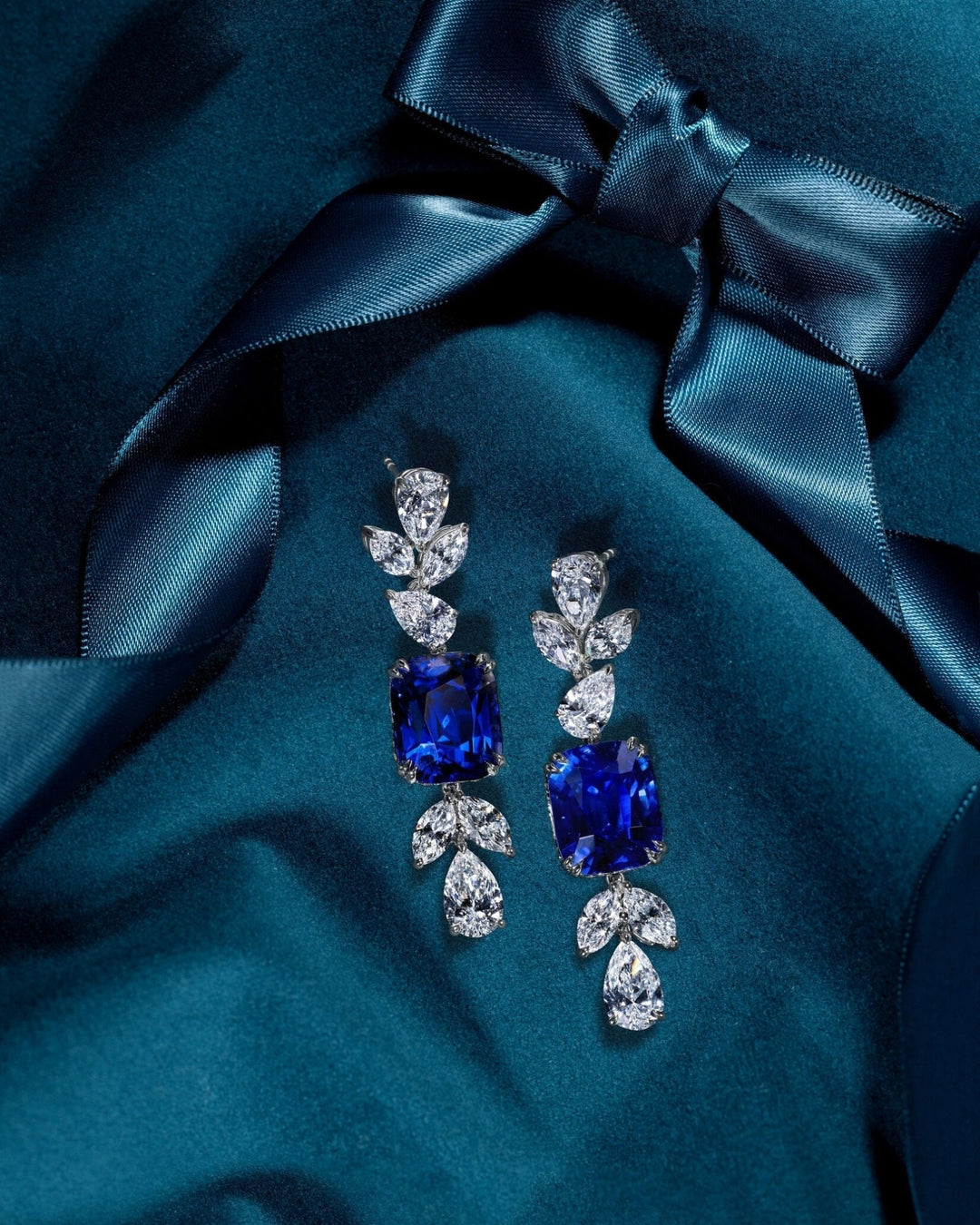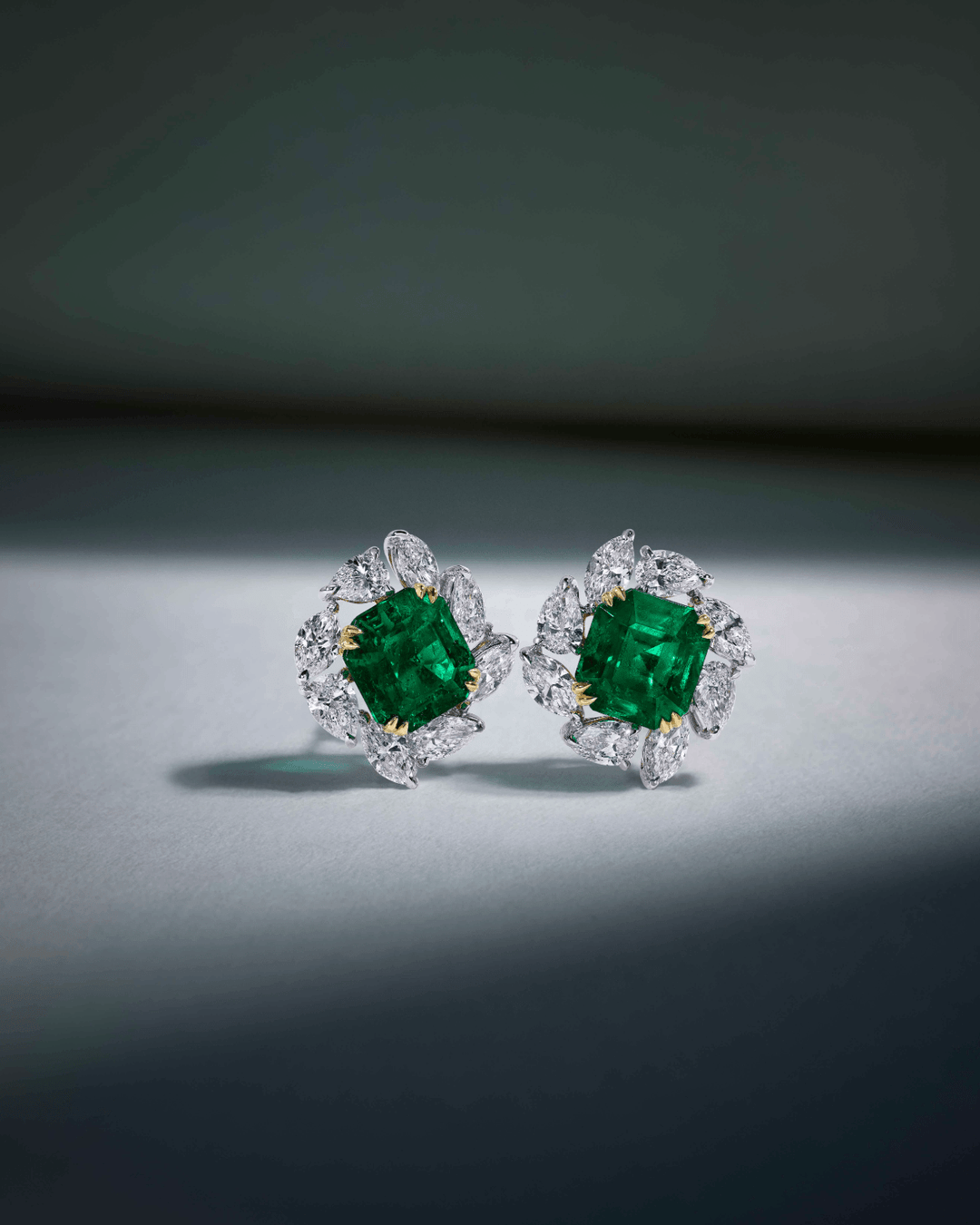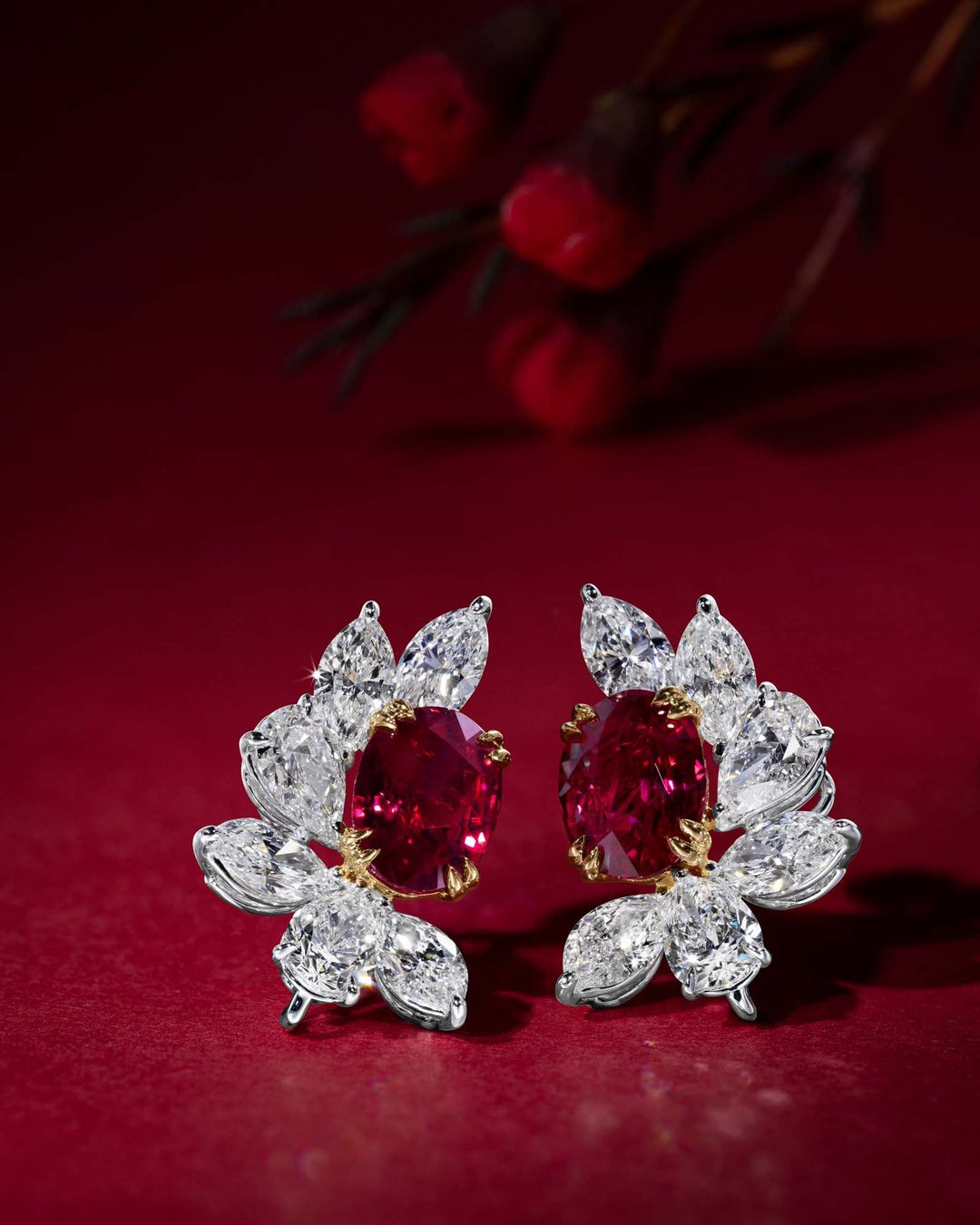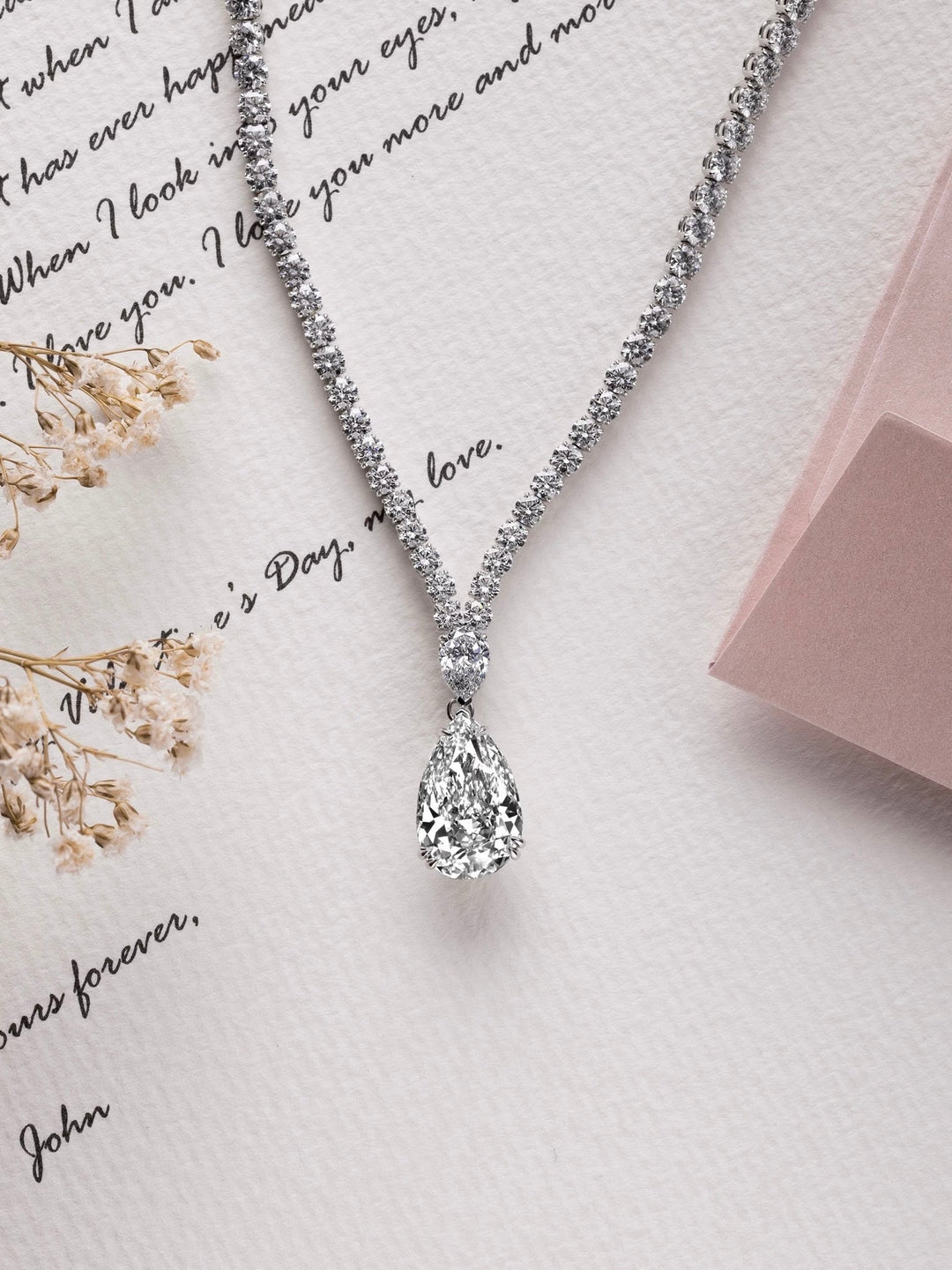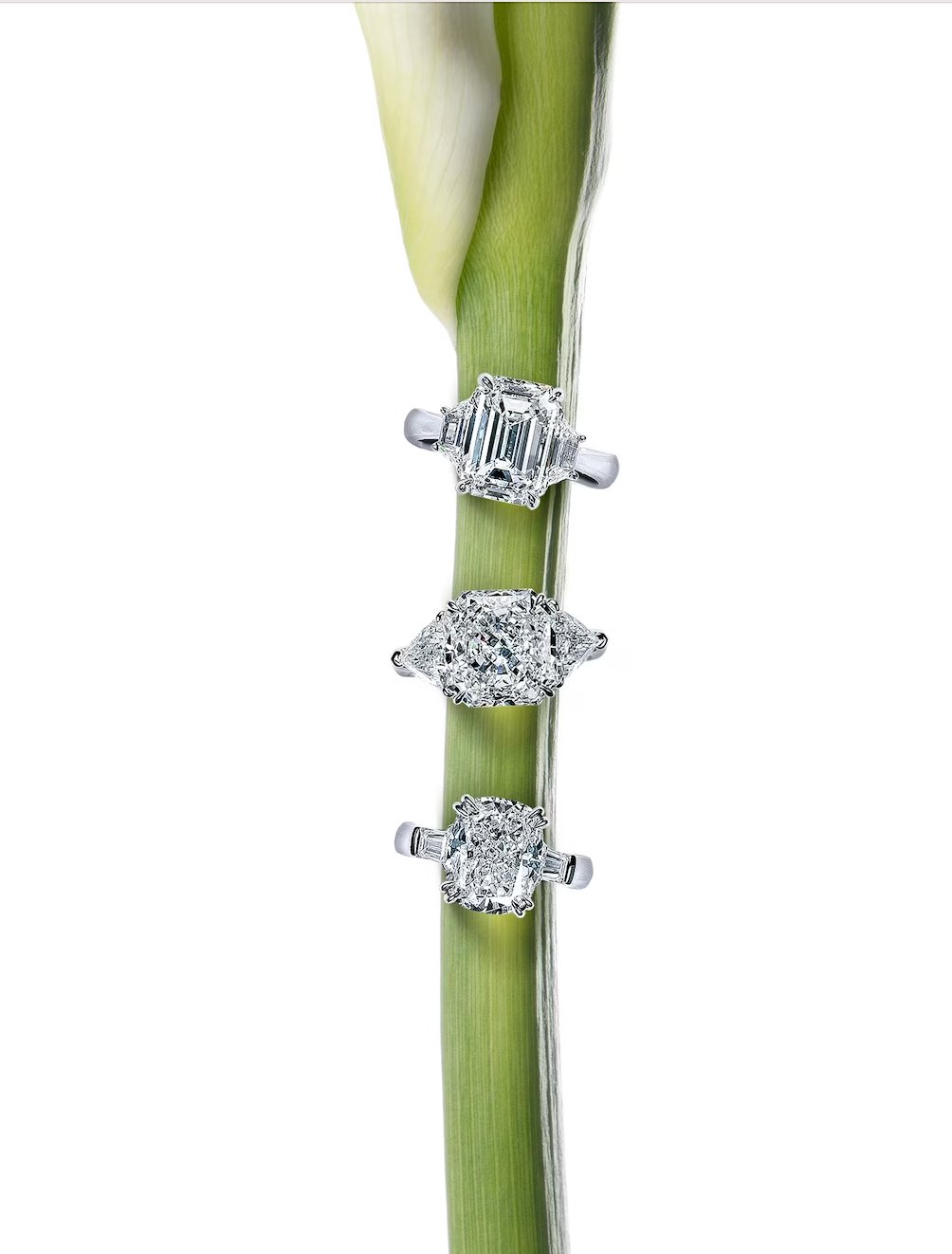Moissanite: A New Diamond Substitute
Using Moissanite for Jewellery diamond
Moissanite is a naturally occurring mineral that is composed of silicon carbide. It was first discovered in 1893 by French chemist Henri Moissan in a meteorite crater in Arizona. Moissanite is extremely rare in nature, so most moissanite used as new diamond substitute for commercial purposes is synthesized in a laboratory.
Hardness
Moissanite is known for its high hardness and brilliance, which makes it an attractive alternative to diamonds for use in Jewellery. It has a refractive index that is higher than that of a diamond, meaning it is more brilliant and sparkles more than a diamond. Moissanite is also much less expensive than diamonds, making it a popular choice for engagement rings and other fine Jewellery.

Moissanite is often compared to diamond due to its similar appearance and durability. However, there are some differences between the two. Moissanite has a different crystal structure than diamond, which means that it has a different appearance under magnification. Additionally, Moissanite has a different colour spectrum than diamond, which may appear slightly different in certain lighting conditions. Moissanite a new diamond substitute
Here are a few more things to know about Moissanite:
1. Hardness: Moissanite is one of the hardest minerals on earth, with a score of 9.25 on the Mohs scale, making it very durable and resistant to scratches and abrasions.
2. Color: Most Moissanite is colourless or near-colourless, meaning it has little to no yellow or brown hue. However, moissanite can also occur in other colours, such as green, blue, and yellow.
3. Size: Lab-grown moissanite can be produced in larger sizes than natural moissanite, making it easier to create larger pieces of jewelry, such as engagement rings or pendants.
4. Eco-friendly: Because moissanite is produced in a lab, it is considered a more eco-friendly option than diamonds, which require significant amounts of energy and resources to mine.
5. Certification: Like diamonds, moissanite can be certified by independent gemological laboratories to verify its quality and authenticity. Some popular grading systems for moissanite include the Gemological Institute of America (GIA) and the International Gemological Institute (IGI).


